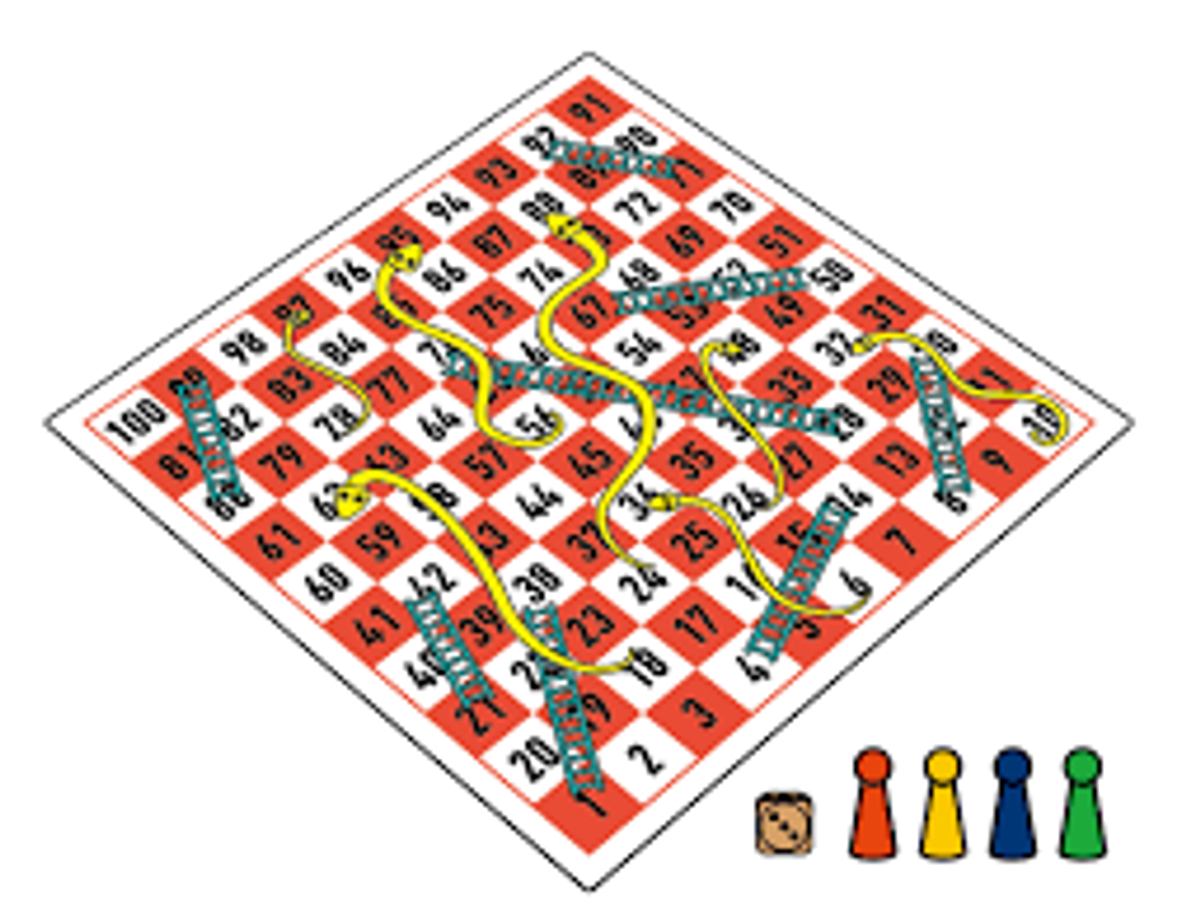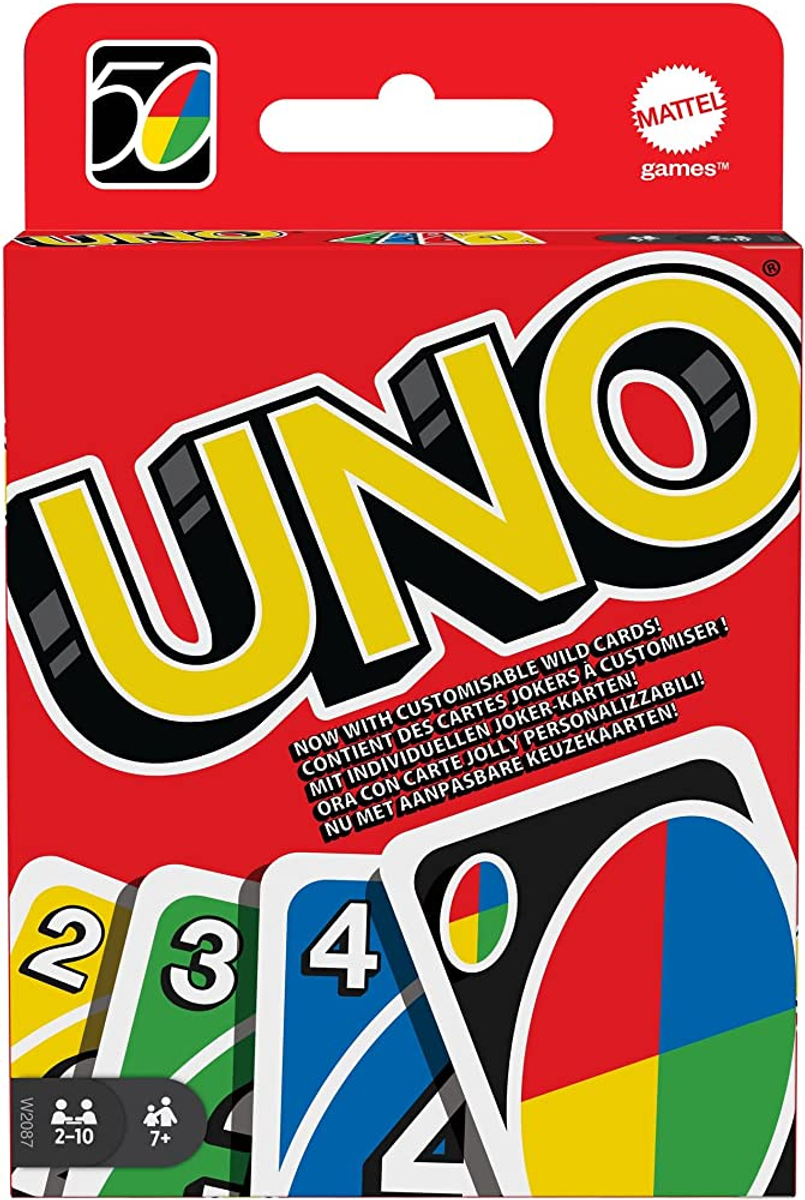Mathematics
Melanie Sanderson (P-2) and Susan Mitchell (3-6)

Mathematics
Melanie Sanderson (P-2) and Susan Mitchell (3-6)
Parent and Carer Support to assist your child with mathematics
It can be hard for parents to know how best to support their child’s learning in all learning areas, including mathematics. This can be made even harder during challenging times as the education landscape is changing and many parents and carers are at home trying to work, help with learning from home, care for family and friends, negotiate who gets to use things like the computer, toys, books, the table, etc.
To help, we’ve shared some advice from the NSW Department of Education that we hope will be useful to any parent or carer.
How parents can help their child/ren with maths
Think of your job like a sports coach – you don’t need to be the best player to become a really good coach. You can be a great coach for your child by listening carefully to your child’s thinking, asking questions (and not always telling) and encouraging them. You might say things like:
Mathematicians often don’t know things. They work on problems for years and seek help from their peers to help them in their work. Contact your child's teacher if there’s something you’d like clarification about.
Maths is also about problem solving, sharing ideas, and thinking hard.
Maths sometimes gets a bit of a bad rap. The idea that being fast at answering questions means 'you’re great at mathematics...and it's the only way to be great' is one of the biggest misconceptions about maths.
Good mathematicians can recall some important number facts, and they take time to solve problems. They often work together, ask questions, and come back to ideas when they’ve changed their minds.
Being a mathematician is sometimes like being an author – you have a story you want to share and so you write a draft and then you come back and refine it and change it so that you can share your ideas with someone else.
Sometimes being a mathematician is a lot like being a scientist - you notice something and create a way to conduct an experiment to find out more.
Being 'good' at maths involves a broad range of skills and capabilities - being able to use number facts to solve a problem is just one way.
Playing at home can support mathematical thinking
Games are a great way of developing mathematical skills… and you get to have some fun, spend some time together and get away from screens. When playing games, try starting off by playing a few games together without worrying too much about strategy or who wins or loses. Once you’ve played a few times, see if you can work out strategies to help you win!
Some great games include:




Reference: NSW Department of Education Website